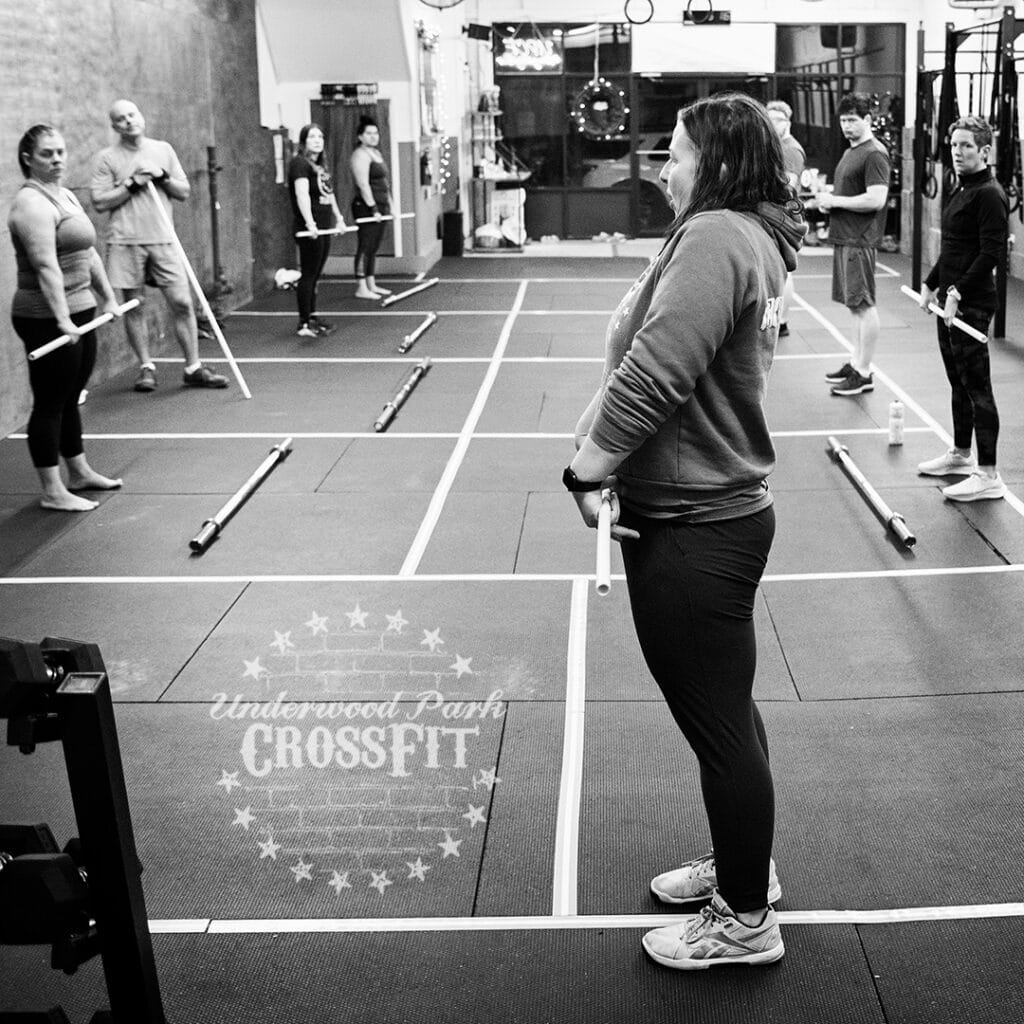by Michael Plank

Look, we love CrossFit. I mean, love it. It’s in our name. It’s our bread and butter. It’s why we got started. Group classes are ultra fun and there’s an added level of camaraderie, support and accountability that makes it uniquely effective. When I first learned about CrossFit, I learned that it was a “core strength and conditioning program,” meaning you don’t need anything else. And that’s true… maybe.
It might be true true IF you train five days a week. It might be true IF you obsess over movement quality. It might be true IF you spend 20-40 minutes per day outside of your regular training working on things like mobility and skills. But the chances are good that you don’t. Because you have a job. And a family. And friends. And hobbies. And there’s more to life than CrossFit. And (if you ask me) that’s how it should be.
But that leaves us with a problem, which is that if what we’re doing with our training is 2-5 CrossFit classes per week, some of those areas where we struggle are going to be areas where we struggle for a long time. And that’s especially true with strength work and with all the neurological stuff. Things that take coordination, agility, balance, accuracy just need more sometimes. Focused strength training takes consistency. Working on the Olympic lifts when they show up in class on the days when we happen to be there makes it tough to get in the reps to get better. Ten minutes of cleans twice a month does not make for elite lifts.
Our group CrossFit classes are the best way we know to build general fitness for the general population. Which means they’ll make most anyone healthier, stronger, and faster. But the downside of general group training is that it’s not always the best way to reach specific goals for specific people. Sometimes, you need more than a general prescription. Enter: Specialty Training.
The most basic form of specialty training is personal training. Sometimes you need someone to work with you one-on-one for a month or two or three to give you the attention, repetition, and accountability to improve your front squat or your running mechanics, or your core conditioning. A second form of it we use is short-term specialty classes. We’ve spent 4-12 weeks on things like double-unders, pull-ups, and powerlifting.
Specialty training is an opportunity to get the structure, the coaching, and the repetitive practice that you need to break through plateaus or pick up higher level skills. At UPCF, our goal is to help you achieve your goals. CrossFit classes are a great tool for that. But it’s not the only tool we have.
